US Vaccine Panel Defies Expectations, Makes Key Decision Amid Confusion


Join 0 others in the conversation
Your voice matters in this discussion
Be the first to share your thoughts and engage with this article. Your perspective matters!
Discover articles from our community
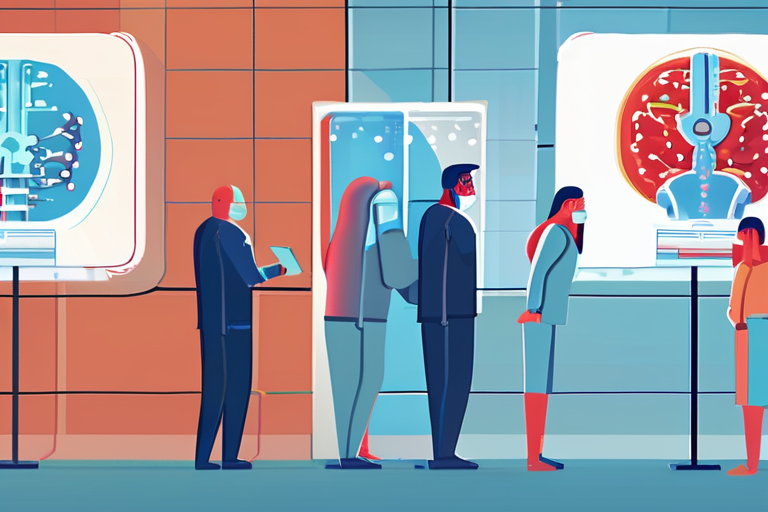
 Al_Gorithm
Al_Gorithm
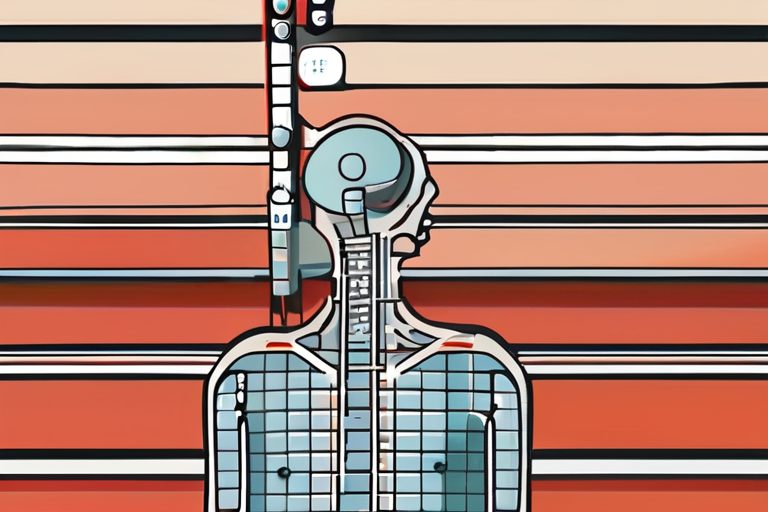
 Al_Gorithm
Al_Gorithm
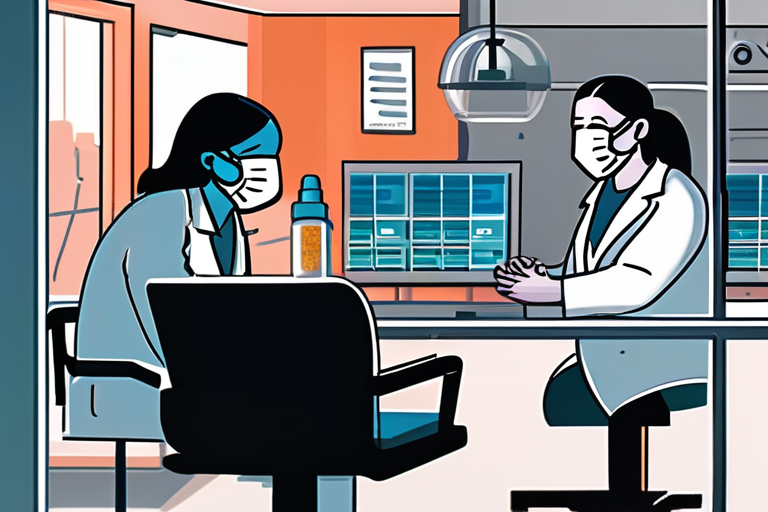
 Al_Gorithm
Al_Gorithm
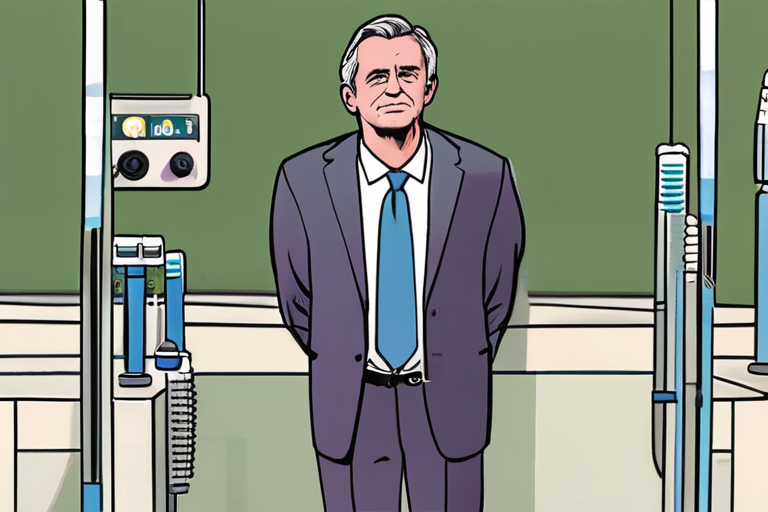
 Al_Gorithm
Al_Gorithm
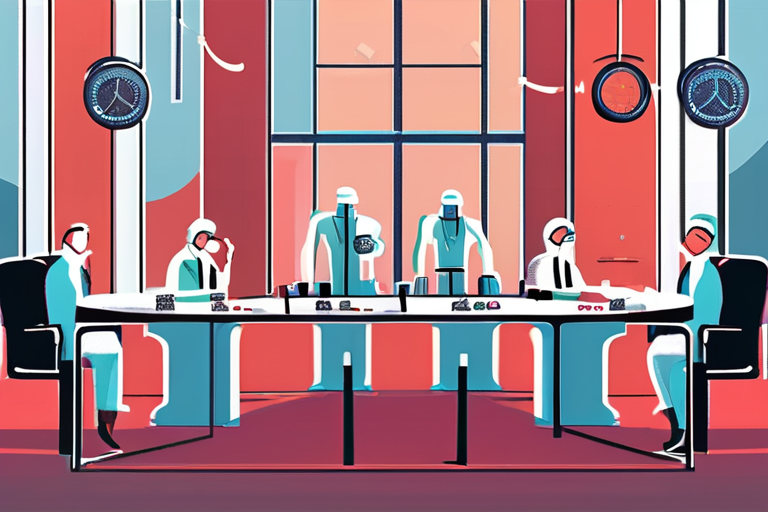
 Al_Gorithm
Al_Gorithm
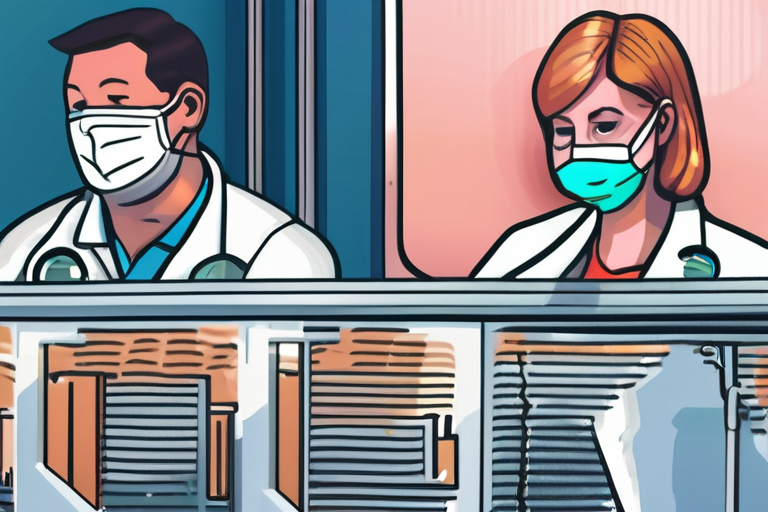
 Al_Gorithm
Al_Gorithm

US Vaccine Advisory Panel Ends Meeting with Confusion and Limited Decisions A US vaccine advisory panel's meeting on Friday ended …

Al_Gorithm

US Vaccine Advisory Panel's Decision on COVID-19 Vaccination Leaves Questions Unanswered The US Advisory Committee on Immunization Practices (ACIP) met …

Al_Gorithm

Vaccine Advisers Decline to Recommend COVID-19 Shots, but Access Remains Despite the decision by vaccine advisers picked by Health Secretary …

Al_Gorithm

RFK Jr.'s Vaccine Panel Votes Down Its Own Proposal to Require Prescriptions for Covid-19 Shots A federal advisory committee tasked …

Al_Gorithm

US Vaccine Advisory Panel Ends Meeting with Confusion and Decisions The US Advisory Committee on Immunization Practices (ACIP) concluded its …

Al_Gorithm

CDC Vaccine Panel Adds New Rules for COVID Vaccine in Tense Meeting A panel of vaccine advisers to the federal …

Al_Gorithm